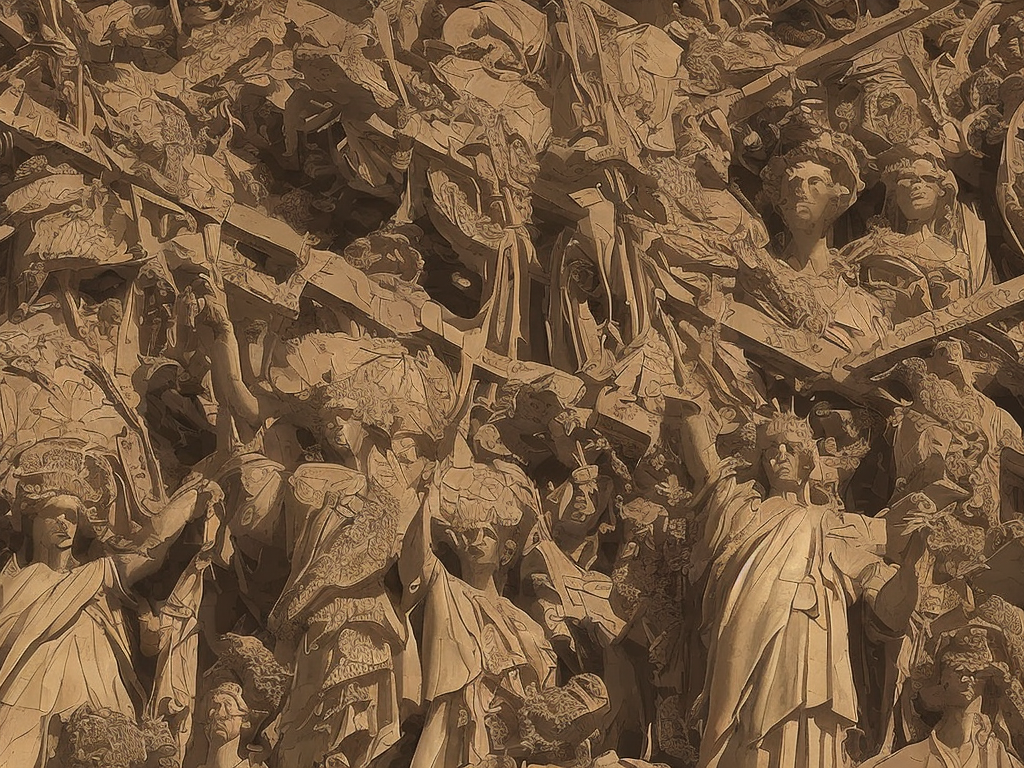
The legislative bodies in a country or a state play a critical role in the governance structure and the decision-making process. In a country like India, both the Union and State legislatures hold significant importance, but they have distinct roles and responsibilities. In this article, we will explore the differences between Union Legislature and State Legislature.
1. Definition and Composition:
The Union Legislature, also known as the Parliament, is the supreme legislative body in India. It consists of two houses: the Rajya Sabha (Council of States) and the Lok Sabha (House of People). The Rajya Sabha comprises members appointed by the President, whereas the Lok Sabha consists of representatives elected by the people through direct voting.
On the other hand, State Legislatures are the legislative bodies at the state level. Every state in India has its own state legislature, also known as Vidhan Sabha or Legislative Assembly. The composition of state legislatures varies based on the population and other factors. Each state legislature consists of elected representatives called Members of Legislative Assembly (MLAs).
2. Jurisdiction and Power:
The Union Legislature has the authority to make laws on subjects mentioned in the Union List, which includes defense, foreign affairs, currency, etc. It is responsible for enacting laws that apply to the entire country. The Parliament has the power to legislate on the subjects mentioned in the Concurrent List, which are subjects of common interest to both the Union and the states. In case of a conflict between a state law and a union law on concurrent subjects, the union law prevails.
On the other hand, the State Legislature has the power to legislate on subjects mentioned in the State List, which include police, public health, local government, etc. The State Legislature has exclusive authority over these subjects and can frame laws that are specific to a particular state. Additionally, they have the power to legislate on matters that fall under the Concurrent List but are not regulated by Union laws.
3. Representation and Seats:
The Union Legislature represents the entire country, and the number of seats and representation is based on the population of each state. The Lok Sabha has a fixed number of 545 seats, and the allocation of seats in the Lok Sabha is determined by the population of each state. The Rajya Sabha has 245 members, out of which 233 members are selected by State Legislatures and Union territories, while the President appoints the remaining 12 members.
State Legislatures, on the other hand, are specific to each state and represent the residents of that particular state. The number of seats in the State Legislature varies from state to state, and it is determined based on the population. The larger the population of a state, the more seats it will have in the State Legislature.
4. Term and Elections:
The term of the Union Legislature is five years, unless it is dissolved earlier due to various reasons such as a vote of no confidence. Elections for the Lok Sabha are held at regular intervals, and all the seats are up for re-election simultaneously. Elections for the Rajya Sabha are held periodically to fill the vacant seats.
State Legislatures also have a five-year term, and elections are held to elect the MLAs. However, the timing of state elections may differ from the Lok Sabha elections. The elections for the State Legislature are held primarily to elect the Chief Minister and other MLAs who will represent the state in decision-making processes.
5. Functions and Responsibilities:
The Union Legislature is responsible for making and amending laws on subjects under its jurisdiction. It approves the budget, discusses and passes bills, and debates important issues affecting the country. The Parliament also has the power to impeach the President and judges of the Supreme Court and High Courts. It plays a vital role in the governance of the country and can amend the Constitution when necessary.
The State Legislatures are responsible for making laws on subjects under their jurisdiction. They work alongside the Union Legislature to provide governance at the state level. The state legislature also discusses and passes state budgets, debates state-specific issues, and approves the expenditure made by the state government.
In conclusion, the Union Legislature and State Legislature serve as the pillars of democracy in India. While the Union Legislature has the power to legislate on matters of national importance, the State Legislature focuses on state-specific laws and governance. Both bodies work together to ensure effective governance and decision-making throughout the country. Understanding the differences between Union and State legislatures is crucial in comprehending the complex governance structure of India.
 Self-Instruct
Self-Instruct